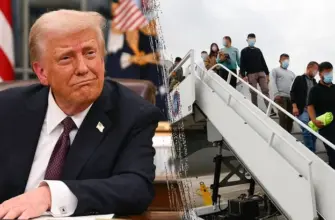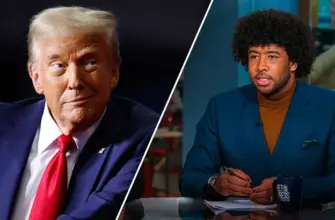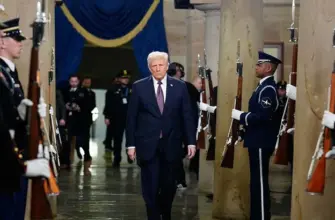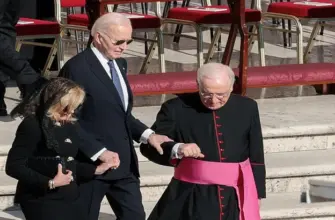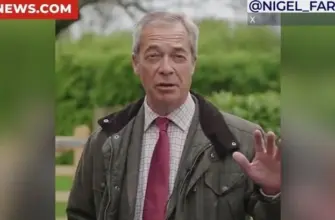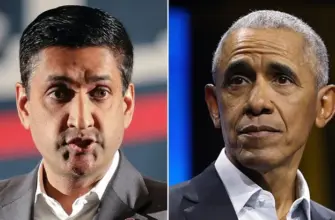Stephen A. Smith, known for his outspokenness in the world of sports commentary, recently indicated he’s seriously weighing a run for president. While some might draw parallels to Donald Trump’s improbable rise to power, navigating a path to the Democratic nomination would be a significantly different—and far more challenging—endeavor.
The Democratic Party isn’t known for readily handing opportunities to outsiders. As evidenced by the treatment of Robert F. Kennedy Jr., who was effectively sidelined in the 2024 primary and now works for Trump, the party often prioritizes control over embracing a candidate with momentum.
“Democrats do not go with the hot hand just to win,”
the party’s history demonstrates. Bernie Sanders experienced this firsthand in both 2016 and 2020, being ultimately passed over for Hillary Clinton and Joe Biden respectively, despite considerable voter support. The Democratic establishment favors candidates aligned with their existing power structures—individuals they can confidently manage. Stephen A. Smith clearly doesn’t fit that mold.
Despite this daunting reality, a compelling argument could be made for Smith’s candidacy. He possesses remarkable communication skills and resonates deeply with working-class men, a demographic the party often struggles to connect with. Furthermore, his views on social issues—particularly his apparent skepticism towards progressive policies like allowing transgender women to compete in women’s sports—could appeal to a broader segment of the electorate.
His success within the fiercely competitive realm of sports media is an asset; he knows how to capture attention and maintain it. However, before envisioning Smith inhabiting the Oval Office, one must acknowledge the formidable tools at the Democratic establishment’s disposal—tools that, had they been available, would have undoubtedly been used to derail Donald Trump in 2016.
These tools include:
- Superdelegates: Unelected party insiders who wield significant influence in the nomination process.
- Local Party Machines: Democratic organizations in urban areas, capable of mobilizing voters and shaping outcomes, as demonstrated by Rep. James Clyburn’s crucial role in securing Biden’s victory in South Carolina in 2020.
Ultimately, the party elders often select candidates, regardless of voter preference, a fact underscored by Kamala Harris’s presidential run – one which occurred despite never having secured a primary win.
To achieve his goal, Smith wouldn’t simply need to garner the most votes; he would have to fundamentally reshape the Democratic Party itself—a task akin to what Trump accomplished within the Republican ranks. Transforming such an entrenched system is likely beyond the reach of even someone as talented as Stephen A. Smith.
Indeed, if his ambition is truly focused on reaching the presidency, a path pursued under the Republican banner might offer greater prospects—but that’s a topic for another discussion.

